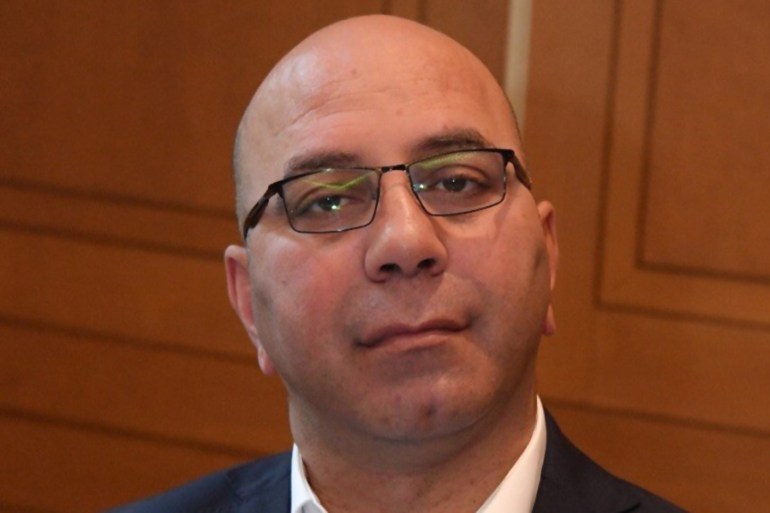Ramallah -
“The battles continue on the morning of June 6 on the Sinai front, especially in the Al-Arish area, until the Egyptian forces issued orders at 17:00 to withdraw towards the Suez Canal. At noon the same day, the Israeli forces succeeded in entering the cities of Jenin and Qalqilya, then advanced towards the cities of Nablus and Ramallah, and it continues to advance through the night into East Jerusalem."
This is what was stated in the diaries of the 1967 war within what was known as the "setback" as stated in the interactive encyclopedia of the Palestinian cause, launched by the Institute for Palestine Studies as part of a joint project with the Palestinian Museum, in order to trace the modern history of Palestine from the end of the Ottoman era until the present time.
This encyclopedia documented this war through diaries that extended from the first day of the war - the fifth of June 1967 - until its last days, reviewing the most prominent events on the fighting fronts, and the important events that accompanied them, such as the resignation of Egyptian President Gamal Abdel Nasser and the fall of what remained of the city of Jerusalem .
It also documented what followed, the most important of which is the evacuation of the Moroccan Quarter in the Old City of occupied Jerusalem, the destruction of 135 Palestinian homes and the expulsion of its approximately 650 residents, to create a plaza under the Western Wall on June 11, one day after the war.
It also documents the event of the displacement of thousands of Palestinians from the West Bank and Gaza Strip, half of them for the second time, as a result of Israeli military actions after the end of the war, and more than 100,000 Palestinians who were outside the country during the war were prevented from returning.
Not only the events of the setback, the encyclopedia has indexed the most important events related to the Palestinian cause since the Ottoman rule in 1500 AD until US President Donald Trump declared Jerusalem the capital of Israel and transferred his country’s embassy to it and the subsequent events in 2018.
The platform provided this information in both Arabic and English in various sections such as the total schedule of events, biographies of characters and places, in addition to a large number of documents, historical texts, photos, maps and graphs.
Extended business over 10 years
The Director-General of the Institute for Palestine Studies, Khaled Farraj, said that launching this encyclopedia is the result of the work of the past 10 years to provide solid Palestinian scientific content that is accessible to all those interested in the Palestinian cause.
"The strength of this encyclopedia is that it is available free of charge over the Internet," he continued, speaking to Al Jazeera Net.
The Director-General of the Institute for Palestine Studies, Khaled Farraj, said that the strength of the encyclopedia enables it to be made available on the Internet (communication sites)
During his speech, Farraj returned to the beginnings of thinking about launching this encyclopedia by making use of the Internet. Many of the important reference books issued by the Foundation, "such as the book Our Country Palestine, in which the researcher Murad Al-Dabbagh presented data documenting information about Palestine and its people", did not enter all Palestinian homes, except That by converting it into a digital material, this will be facilitated by presenting the Palestinian scientific novel and transforming the Palestinian not only into a victim but into an actor.
According to Farraj, this encyclopedia is open to all and is under continuous development, with a tendency in the coming years to translate the encyclopedia into French and Spanish, in addition to preparing for the production of content on Palestinian camps in all regions of their presence.
Regarding the sources of the materials contained in the encyclopedia, Farraj said that the main part is the publications of the Studies Institute, which exceeded 700 reference books on the Palestinian issue, in addition to relying on other sources from all languages.
An important reference for researchers
This encyclopedia has attracted the attention of researchers who suffer from the scarcity of documented Palestinian sources, as researcher in the history of Palestine Awni Fares says, "These encyclopedias inaugurate a new stage of research interest in the Palestinian cause. Researchers have suffered from the scarcity of sources under the Israeli occupation's control of these sources."
History researcher Awni Fares believes that the encyclopedia is an addition to researchers and opens new sources for them (communication sites)
And Fares said in his interview with Al Jazeera Net, "The more sources available to the researcher, the more he will be able to present the Palestinian narrative in a stronger and deeper way in return for the Zionist narrative that it is trying to obliterate."
According to Fares, this encyclopedia is an addition to researchers and opens up new sources for them by presenting new documents and manuscripts, thus achieving a qualitative development in the field of history of the Palestinian cause.
Not only that, but the efforts undertaken by non-official institutions to launch such encyclopedias and research projects fill the gaps in the official level's shortening of interest in research work on the Palestinian cause, he says.

